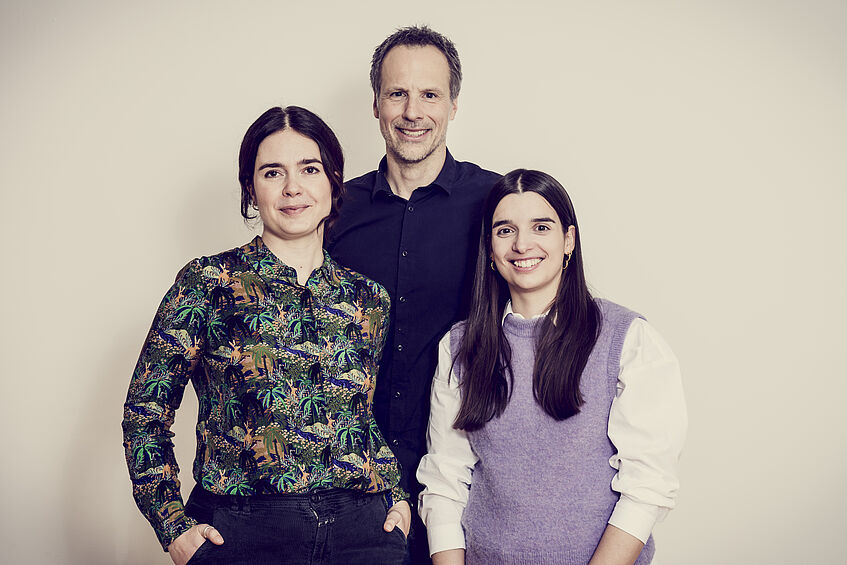From Core to Periphery:
Boundaries of Journalism

Phoebe Maares, Folker Hanusch, Kim Löhmann (from left to right)
Info
Funding Organization:
Austrian Science Fund (FWF)
Principal investigator:
Folker Hanusch
Duration:
2022 - 2025
Involved Researchers at JSC:
Folker Hanusch
Phoebe Maares
Kim Löhmann
Out now!
Final Project Report
The final report by Folker Hanusch, Daniel Nölleke, Phoebe Maares, and Kim Löhmann has just been released.
The report is available in German and can be downloaded here.
About: The digital age has led to fundamental change across many parts of society, including one of its key democratic institutions, journalism. Nowadays, everyone with an internet connection can fulfil some of journalism’s functions like providing information and analysis, but also political parties, companies, and many social media influencers are increasingly providing products that are quite similar to journalism in appearance, content, and function. As a result, it has become very difficult to identify who is a journalist, or what qualifies as journalism. While scholarship and public discussions have begun to examine these new phenomena of what is often called peripheral journalism, we still have an incomplete understanding of how traditional journalists view these newcomers, how the newcomers themselves view journalism, and, crucially, what the audience actually thinks about them. Such an understanding is important, however, because it addresses essential definitional questions that have implications for public and policy discussions about the kind of journalism a society may want, how it can be supported, as well as how its quality can be measured.
To examine these issues, this project will employ a multi-method approach using in-depth interviews with traditional and peripheral journalists across Austria, as well as focus group discussions with a wide range of Austrians about their views of journalism. In this way, we can better understand the jurisdictional claims and mutual relations between producers and audiences of journalism. The project is thus expected to generate much-needed knowledge about the phenomenon of peripheral journalism and how it challenges traditional journalism. By taking a broad view across specializations such as politics, economics, lifestyle and sport, it will paint a nuanced picture of the transformation in which journalism finds itself, thereby contributing to highly-relevant scholarly, policy and public discussions about the role of journalism today.
